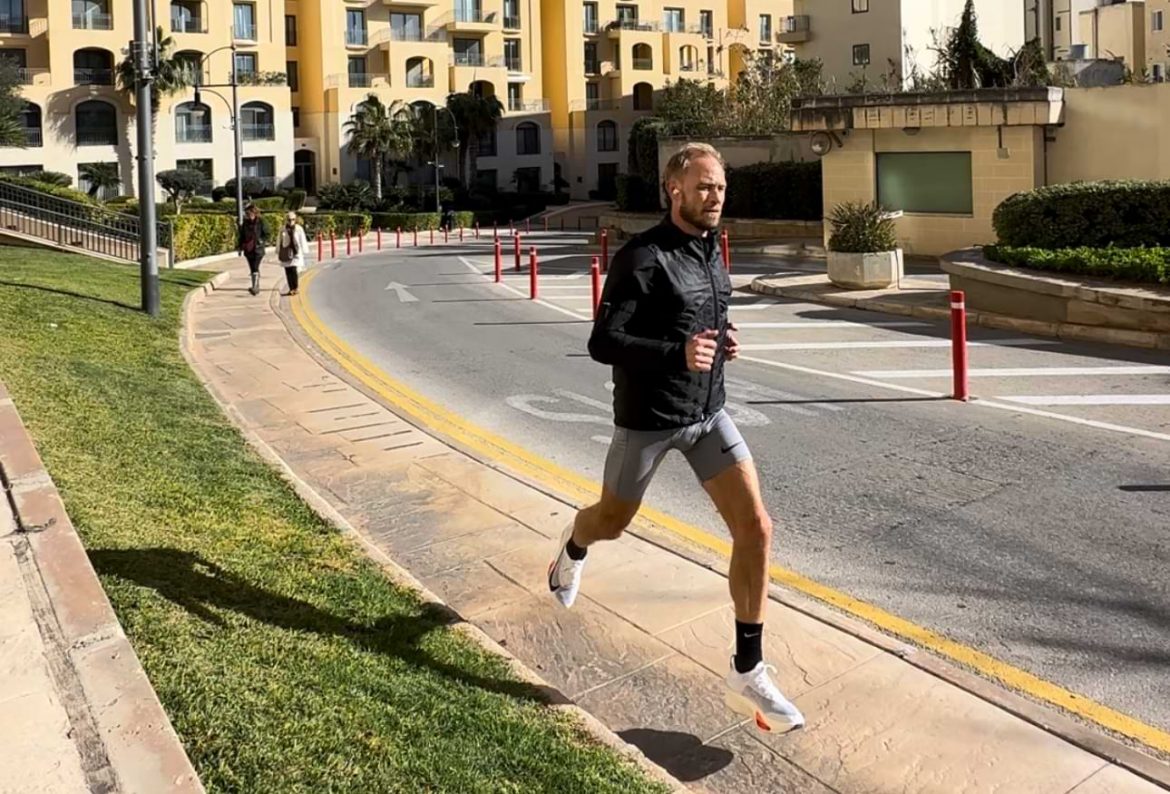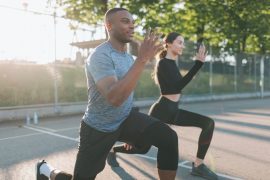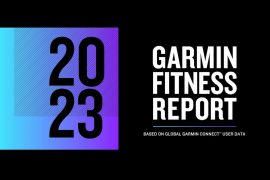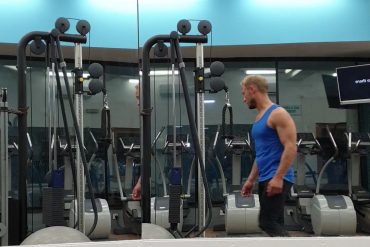Last year I was contacted by one of the major men’s fitness magazines in the world and asked a number of questions about health and training for men over 40. In this article, I answer these questions from my own experience.
Those who know me know that I had a heart attack last year and that this made me start thinking more about health-related issues. Although I have lived a healthy lifestyle all my life, exercising almost every day and eating a relatively good diet, it did not fully protect me from suffering.
Men in our family have problems with high bad cholesterol, and this was also one of the main reasons I was affected. Medication is therefore in a key position to avoid being affected. But there is still a lot you can do if you want to be healthier at 40.
Why is it Important to Live a Particularly Healthy Lifestyle at 40?
There are many reasons why it is particularly important to take care of your health when you turn 40. Of course, it feels good to look fresh and fit, but how you feel is much more important.
After 40, a lot happens in our bodies and it is at this age that it becomes extra important to pay attention to health-related issues (more on this in connection with the questions below).
As mentioned, I have been exercising all my life and I haven’t had any problems with any body parts yet in my life. No sick back or any other body parts that bother me. If it wasn’t for my heart, I would still think I was in my 20s. In fact, in many ways, I feel fresher and fitter now than I did as a 20-year-old and that has a lot to do with how I take care of myself, with good sleep, good diet and exercise.
Quality of life is definitely the main reason why you should pay special attention to how they live after 40.
Here are some of the questions that I was asked for the magazine and my answers to those questions:
– What do you wish all men knew about fitness after 40?
I had a heart attack at the end of April last year and it was a real wake-up call for me. Although I knew it was hereditary and that both my father and brother died young from heart attacks, I thought that a healthy lifestyle was enough to avoid it.
I have always taken good care of my health and never had any physical problems even after I turned 46. But this was a life-changing event that was a wake-up call.
Although not everyone has the same problems genetically, I recommend that all men have regular health checks after the age of 40. Keep an eye on heart health and measure cholesterol levels, blood pressure and other important indicators.
Early detection of potential health problems can make a big difference in managing and treating them.
When it comes to exercise, metabolism slows down and it becomes more difficult to maintain muscle mass naturally. Therefore, it is important to focus more on strength training as you get older. This also helps to increase metabolism, maintain bone density and reduce the risk of chronic diseases.
Don’t overdo it if you don’t have a long history of exercise, but make sure you have enough low-impact activities to keep your joints healthy.
It also becomes more important to focus on recovery after 40 and it is especially important to focus on sleeping at least 7 hours a night.
One thing that too few men think about is the importance of relaxation exercises such as meditation and yoga. It helps to manage stress and improve the quality of sleep.
Last but not least, a good quality diet becomes more important after 40. Avoid excessive alcohol consumption and eat as many fruits and vegetables as possible. I can recommend that you go vegan as far as possible – or at least keep meat consumption to a minimum.
– What are some key differences between setting exercise goals after 40 compared to when you are younger?
Above all, it’s about managing expectations. Slowly but surely you become slower in running and it also becomes more difficult to maintain muscle mass if you don’t take care of your diet at the same time.
Since it takes longer to recover from hard training sessions, it is important to plan your training better than when you were young. It’s more important to make sure to vary your workouts more and make sure to do calmer workouts in between the hard ones.
Depending on the training session, you may need more than one day to recover. Good planning in training becomes even more important as you get older.
Many men over 40 also have many other life commitments in addition to training, such as family and career. Also because of this, good planning and more effective training sessions become more important.
For me personally, health is more important than performance at this age and I am sure that many men over 40 agree with me. This is also reflected in the training that I plan in the weeks. It is not as important as it used to be to necessarily achieve a certain result in running or have the perfect body physically.
– What are your top tips for helping men achieve fitness goals after 40, and why is each tip important?
My top tips to help men achieve their fitness goals after 40 are as follows:
Get regular health checks:
It becomes extra important to keep track of your health with regular health checks after 40. This can help to identify any underlying health issues and also lets you know if the exercise you are doing is safe and suitable for your specific needs.
Incorporate regular strength training into your exercise plan:
Strength training is essential for maintaining and building muscle mass, which naturally decreases with age. It also helps to increase metabolism and bone density. Aim to get in at least two to three strength training sessions per week.
Focus on flexibility and mobility exercises:
Incorporating yoga or stretching into your routine can improve flexibility and joint health, reducing the risk of injury and improving overall health. I sleep better and feel more relaxed and focused when I make sure to include yoga and relaxation exercises every week.
Prioritize low-impact cardio:
To protect your joints and maintain cardiovascular health, choose low-impact cardio exercises such as swimming, walking or cycling. These activities are effective for heart health without putting too much strain on the joints.
Prioritize recovery and rest:
Adequate rest and recovery become more important after 40. This is evident in everyday life. Make sure you have rest days in your exercise routine, get enough sleep, and consider practices like yoga and meditation to help with recovery and stress management.
Eat a balanced diet:
A healthy and balanced diet is essential for wellbeing. Avoid alcohol as it is a real poison that damages both sleep quality and overall well-being. Focus on nutritious foods, and lean proteins and also reduce processed foods and sugar.
Make sure you get enough water every day:
With age, the body’s ability to store water decreases and the older I get, the more I notice the difference in my well-being on days when I am dehydrated or not. I get headaches more easily when I am dehydrated at this age. Staying well-hydrated is important for overall health and helps with digestion, joint health and energy levels. For every cup of coffee, a good rule of thumb is to drink at least two to three cups of water.
Consistency is the key to results:
This applies to all ages, but especially with a busy lifestyle, it is important to make sure you have good regularity in your exercise. It is better to have regular workouts often than sporadic intense workouts. The most important thing is to make exercise a lifestyle that follows you as a natural part of your life.
Engage in activities you enjoy:
To continue on the previous point, one of the best ways to get regularity in exercise is to choose exercise activities that you find enjoyable rather than what others say is the best form of exercise for results. Start with your own unique preferences. This not only helps you stay motivated but also reduces stress, which contributes positively to your overall mental health.
Take help from professionals and get inspiration online:
This can involve a personal trainer or fitness coach who specializes in tailoring a fitness programme to your specific needs and goals. But you don’t necessarily have to pay for these services. Nowadays there are also many good training videos online e.g.
Youtube that you can use to help you with your training. I follow the instructional video on YouTube with training with Kettlebells and dumbbells. Also for Yoga and relaxation exercises there are many good instructional videos online.






